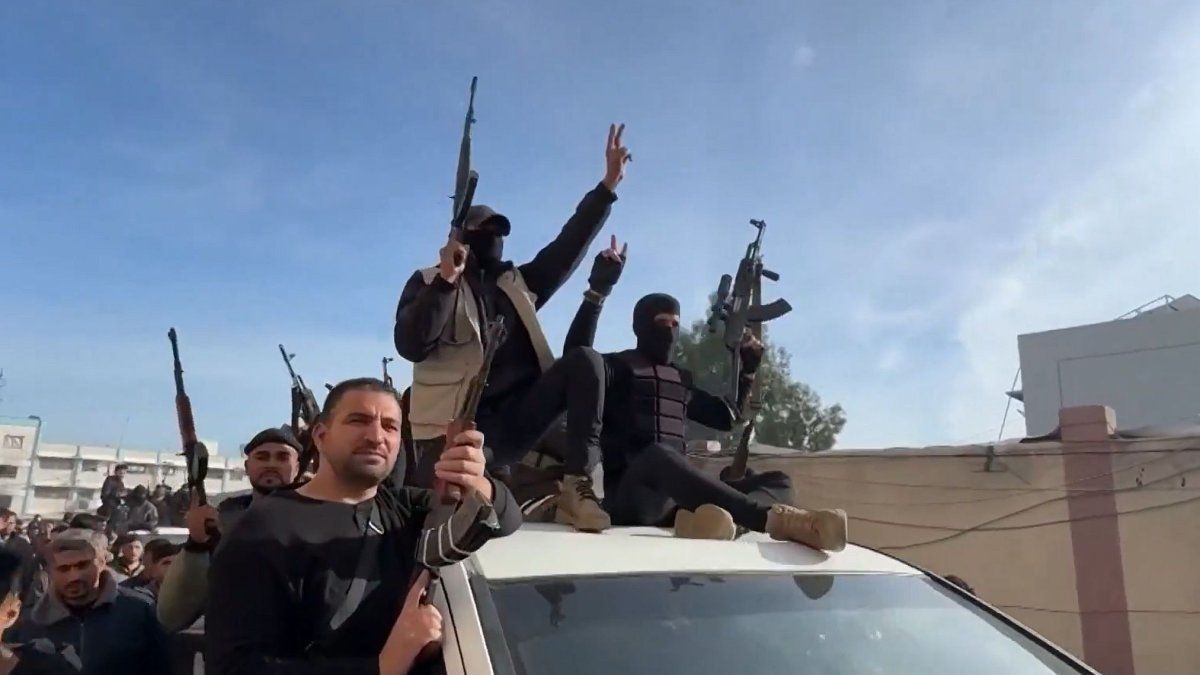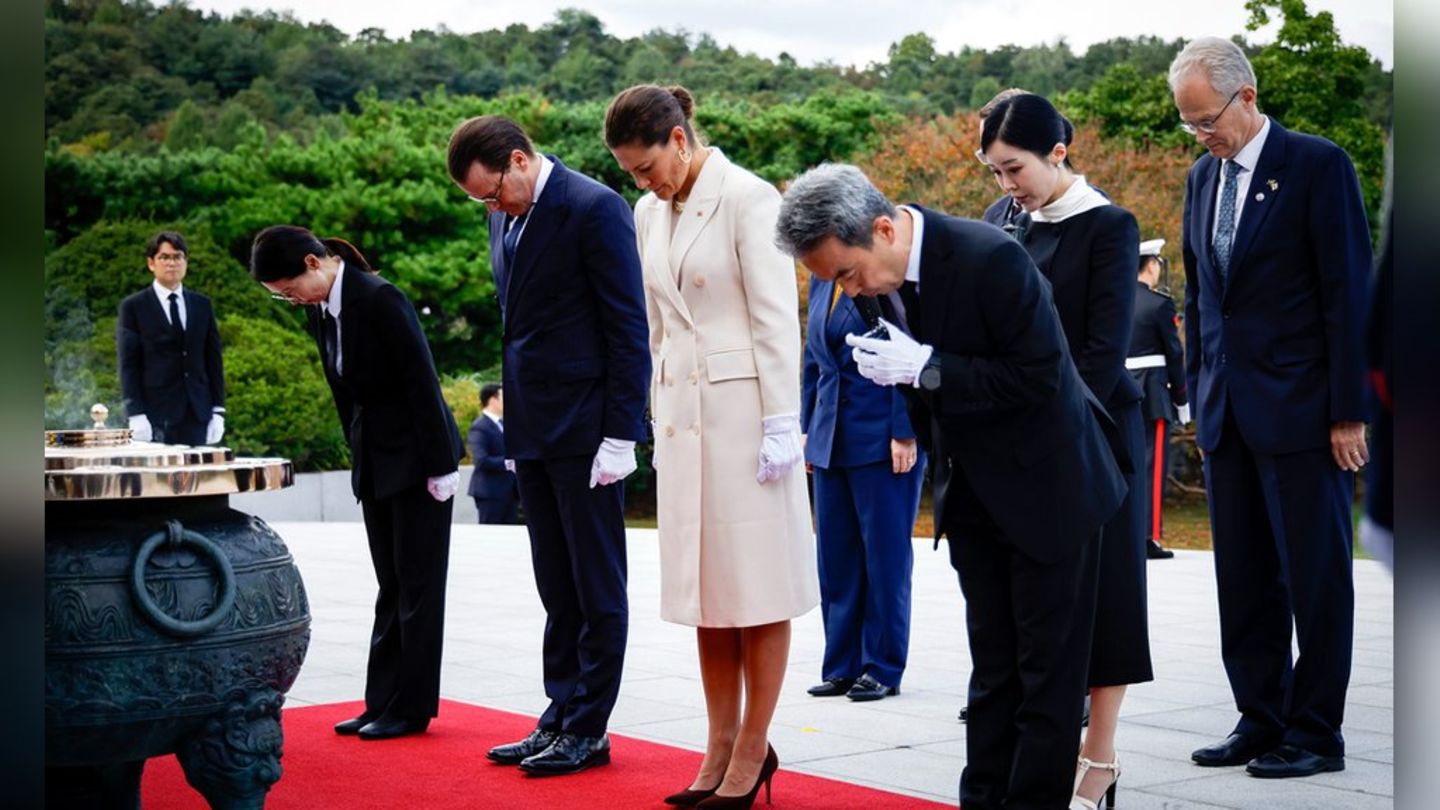Disputes over heating systems, a lack of climate money – the traffic light often comes under criticism for its policies. The IEA boss, on the other hand, draws a positive conclusion – despite challenges.
The head of the International Energy Agency IEA, Fatih Birol, assessed the traffic light coalition’s energy policy as positive overall. “I think the German government has been very successful in moving away from Russian energy,” Birol told the German Press Agency in Paris before the association’s ministerial meeting. “I think Germany is perhaps the country that was most affected by Russia’s invasion of Ukraine because Germany’s dependence on Russia was very, very strong.”
“High-risk energy policies” of previous governments
In the German economic model, the industry was more or less based on cheap and abundant Russian energy, Birol explained. Then you lost it from one day to the next. The government accelerated the expansion of renewables, found other gas sources, imported liquid natural gas from other countries and built LNG terminals in record time. “These are all very good steps.” It is not easy to achieve rapid changes in the energy sector. “The energy sector is like a big tanker on the ocean. If you want to change direction, it takes a while.” A lot of infrastructure and installations are required.
Birol also emphasized that the initial situation for the federal government was quite complicated. “They inherited a rather difficult position because of the high-risk energy policies of the previous governments, namely excessive dependence on a single country,” Birol said. “Overall, I think the German government has done a very good job.”
Relief for costs of the energy transition
Nevertheless, from Birol’s perspective, there are some serious challenges that the traffic light should address. According to him, people with low and middle incomes must be protected through supportive financial and economic measures. The energy transition is associated with many costs. If these people had to shoulder the costs disproportionately, this could cause problems with social acceptance. Birol also warned: “If we don’t do this, the burden on low- and middle-income people could create fertile ground for extreme political views, which in my view is a danger to our democracies.”
Birol praised the climate money envisaged by the traffic light as compensation for additional costs caused by rising CO2 prices when refueling and heating with fossil fuels as an “excellent idea”. He knows that there are still discussions and hopes that aspects of the challenge can be clarified as quickly as possible. According to Federal Finance Minister Christian Lindner, a per capita payment is technically possible from 2025. Every citizen should get money back from the state. However, that would cost billions. It is controversial whether and when the coalition will make good on its promise.
Comeback of nuclear power
Birol, on the other hand, is more critical of sticking to the traffic light on phasing out nuclear power, even though he emphasizes that each country can of course decide this for itself. “If I were a government where there was a technology that worked great, without any problems, I would have reconsidered putting that aside and looking at other options that would increase my dependence on other countries on the one hand and lead to more emissions on the other .” The Belgian government would have pursued a similar policy before the Russian invasion of Ukraine and then changed its mind.
But the change of heart didn’t just affect Belgium. “I see that nuclear power is making a comeback,” Birol said. In France, in Asia, North America, the Middle East and elsewhere. “After the Russian invasion of Ukraine, many countries understood the importance of nuclear power along with renewables and local power generation.” The issue of nuclear waste is of course a serious challenge. But: “I don’t think this is a reason to simply put technology aside without looking at solutions to nuclear waste.” This is a challenge, but it can be solved.
Source: Stern




